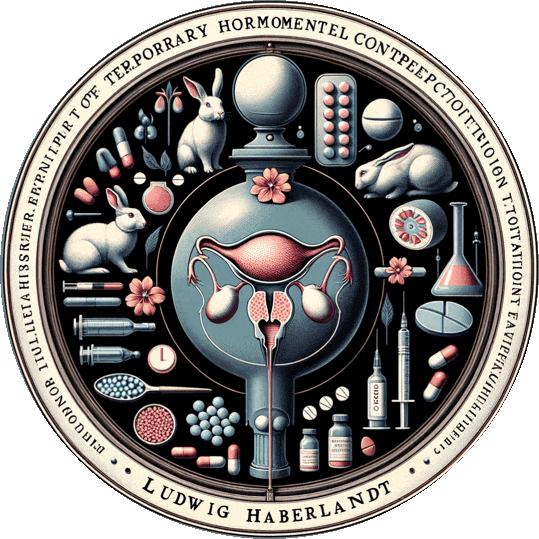Chinese New Year 2024
2024-02-28
The Chinese New Year, aka Spring Festival, marks the beginning of the lunar new year and is the most significant Chinese holiday. Rooted in mythology, it's said to have originated from the ancient fight against the mythical beast Nian, with the use of firecrackers and red decorations symbolizing luck and prosperity to ward off evil spirits. It has been celebrated for over 3,500 years, evolving from sacrificial ceremonies to the gods at the year's end for good harvests. Today, it initiates with the new moon that appears between 21 January and 20 February and lasts until the full moon, encompassing generally a 15-day period filled with various rituals and festivities, culminating in the Lantern Festival. Around 1/4 of the world’s population participates. Family reunions are central to the celebrations, with millions traveling home in one of the world's largest annual human migrations, known as Chunyun. Practices include thorough house cleaning to sweep away bad fortune, decorating homes with red lanterns and couplets, exchanging red envelopes (hongbao) containing money for luck, and enjoying lavish feasts with symbolic dishes, such as fish served whole (including head and tail) symbolizing a prosperous start and finish to the year. Each year is named after an animal, believed to influence personality traits and fortune, and associated with an element. 2024 is the Year of the Wood Dragon. More: https://en.wikipedia.org/wiki/Chinese_New_Year Art&Text supported by ChatGPT.
Ludwig Haberlandt (1885-1932) was an Austrian physiologist recognized as The Father of Hormonal Contraception due to his pioneering research into the hormonal regulation of fertility. In the early 20th century, Haberlandt's work laid the foundational principles for the development of the birth control pill, marking a monumental shift in reproductive health and gender equality. Haberlandt first conceptualized hormonal contraception in 1921, positing that it was possible to prevent pregnancy by administering extracts from the ovaries and placenta in rabbits, demonstrating that these injections could temporarily inhibit ovulation. Although his initial findings were met with skepticism and resistance, they introduced the idea that controlling fertility could be achieved through hormonal manipulation. The significance of Haberlandt's discoveries cannot be overstated. By establishing the hormonal basis for contraception, he paved the way for the development of the oral contraceptive pill, which was introduced to the public in the 1960s. This innovation has had profound implications for women's rights, allowing women greater control over their bodies and reproductive choices, facilitating participation in the workforce, and contributing to societal shifts towards gender equality. Haberlandt's contributions were not widely recognized during his lifetime. He was far ahead of his time. Rest in peace. https://en.wikipedia.org/wiki/Ludwig_Haberlandt Art&Text supported by ChatGPT.
Felix Hoffmann, a chemist at the German pharmaceutical company Bayer, synthesized acetylsalicylic acid in a pure and stable form in 1897. Bayer patented the drug on March 6, 1899 under the name "Aspirin," issued in the US as patent 644,077, on 27 February 1900. It quickly became the world's most widely used medication (and it is today as of 2017). Aspirin was touted for its pain-relieving, anti-inflammatory, and antipyretic (fever-reducing) properties. It was indicated for a variety of conditions, including headache, dental pain, menstrual cramps, muscle and joint aches, and fever. Aspirin started as powder, but soon enough was pressed into tablets with the iconic Bayer logo. In the 1970s, studies began to reveal its potential in preventing heart attacks, leading to its use in low doses for cardiovascular protection. In 1982, Sir John Vane won a Nobel Prize for discovering aspirin's action in inhibiting prostaglandin synthesis. Today, Aspirin is on the World Health Organization's List of Essential Medicines, highlighting its importance in global health. It's estimated that annually, over 60 billion Aspirin tablets (35,000+ tons) are consumed worldwide, and a trillion since 100 years, underscoring its enduring impact on medicine. Its adoption for cardiovascular disease prevention and its role in pain and fever management make it a cornerstone of modern therapy. More: https://en.wikipedia.org/wiki/History_of_aspirin Art&Text🫶ChatGPT.
The Bayer Berlin summer event is known for its relaxing & comforting atmosphere. Colleagues come together to network, laugh, and drinking one or two beers together. This time around, everyone’s faces will be covered in masks. The thrill of the Venetian night is running through our spines. BUT… The bravest and most dedicated souls among you have decided to embark on an adventure… Today marks the beginning of your journey which incorporates meeting incredible people along the way and, most importantly, enjoying the sensational atmosphere among colleagues and friends. Are you ready for the Safari? Art by Stable Diffusion and Lena Schermer. Bayer POAPs terms and conditions: https://bayer.com/poap.
Unter die Haut Urmenschlich. Tief. Am 23. Mai 2023 geht es um die existentiellen Fragen. Schumann, Mendelssohn, Brahms in der Bearbeitung von Aribert Reimann. Die Lieder: ganz sie selbst und doch größer. Tiefer. Eine Übersetzung in eine Vielschichtigkeit, die das junge Aris Quartett auf höchstem Niveau spielt. Die Stimme von Christiane Karg. Berührend. Fast anklagend. Instrumente und Sängerin singen einander zu. Das Publikum wird in den Bann gezogen. Ein tiefgründiger Abend, der unter die Haut geht.




